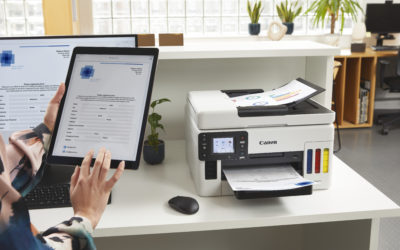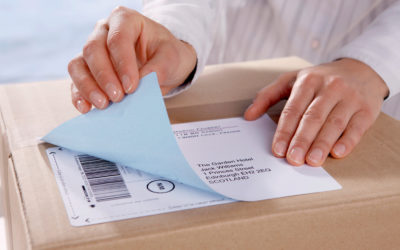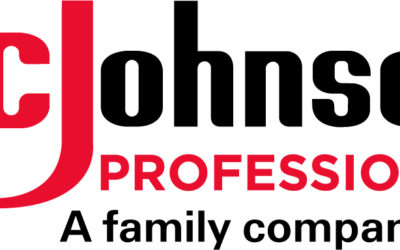Within an office environment the turnaround of data is huge, as both internal material and client documents are circulated around the workforce on a daily basis to ensure all tasks are completed, checked and finalised. But with all this information flying round – and some of it hugely important to the company – what is the best practice to store it away for safe keeping, or to archive it for future reference? Is going paperless and using digital devices the way forward, or does the classic office filing cabinet remain the most efficient way?
To give you a helping hand, we’ve laid out the pros and cons of both digital and hard copy data storage that will help you decide which form is best suited to your office space.
The benefits of going digital
- Take your data on the road. It would be a bit awkward if you turned up to a meeting at your client’s office, lugging a huge filing cabinet containing all the relevant information on their account, wouldn’t it? This is definitely a scenario where technology triumphs over traditional. Having digital products such as external hard drives, USB sticks and access to data sharing spaces like Apple’s Cloud allow you to share your data and documents with ease with your clients – and are much easier to transport.
- Technology is an Eco-Warrior. By making digital copies of all your documents through using a scanner, you are doing your bit for the environment. Rather than having drawers full of sheets, invoices and plans, you can simply scan them onto your storage device or server and recycle all of the paper that you no longer need. Not only will you have less clutter round the office, you and your colleagues can feel the satisfaction of being part of a far more eco-friendly workplace.
The benefits of hard copies
- No Server, No Problem! If you work independently, or with a small workforce, choosing to use filing cabinets to store away your important documents is definitely a wise option – mainly due to the financial implications. Using a main server to store your data can incur many costs, such as purchase, installation and maintenance, and can inevitably keep rising with new updates and more advanced products becoming available. This regular spend isn’t something which may be feasible for a small company to financially support.
- Avoid Any Technological Meltdowns. A computer mishap, mistake or malfunction can always lead to pandemonium within the workplace. Whether someone has accidently deleted an entire project folder, yanked the cables out of the back of their PC and can’t get on the network, or the internet connection has gone dead, faulty technology can halt any planned work from progressing. Well this problem physically cannot happen if you keep all your documents and printables in a filing cabinet, as you can still access your important files even if the power cuts out.
The Verdict
So, which is best? Well, both have their advantages – using digital storage allows you to save physical space and take it wherever you want, whereas a filing cabinet eradicates the chance of information being lost – but also has its disadvantages. One of the best ways to get around the issue is to use a combination of both. Back up your serious documents on your computer system, but also keep hard copies as a back up. That way you can rest assured all of your important data is backed up and safe.
Overall, the decision of which to use has to suit your business, the whole workforce and the sort of environment you are working in.








